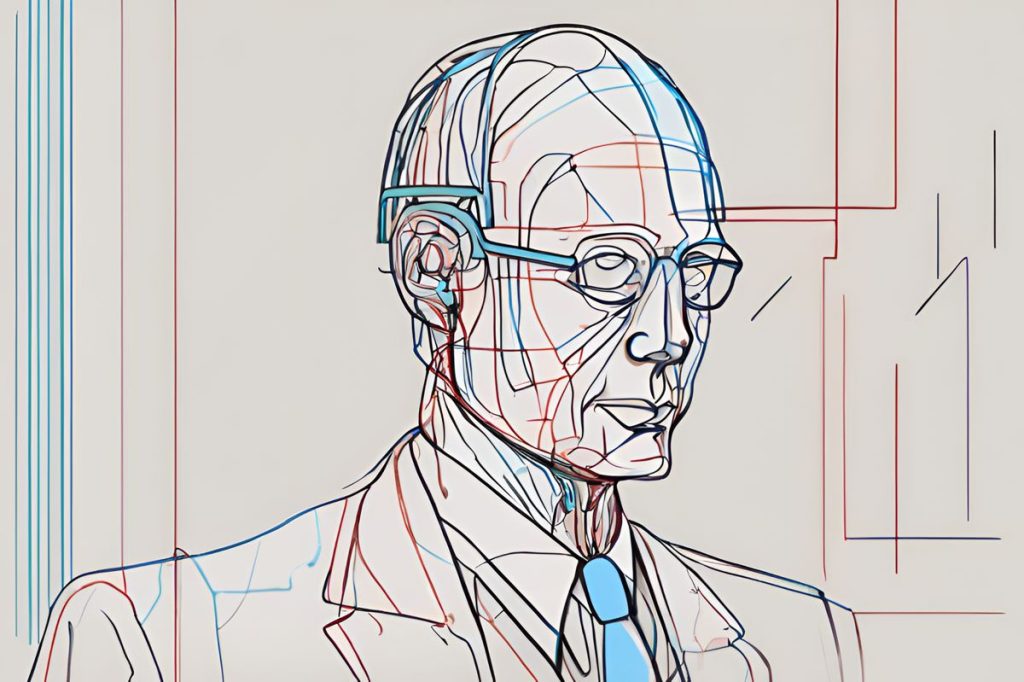The UN envoy Maria Angela Holguin delves into the psychological barriers hindering political progress in Cyprus, pointing to deeply ingrained beliefs that complicate negotiations and require a nuanced approach. Despite the challenges, diplomatic efforts persist with cautious optimism, highlighting the delicate balance between hope and realism in navigating the complex landscape of Cypriot politics.
What are the psychological barriers affecting the political stalemate in Cyprus?
Psychological barriers, deeply rooted from childhood, often hinder the assimilation of new experiences in Cyprus politics. These entrenched beliefs contribute to a persistent stalemate, challenging diplomats who must navigate a complex landscape requiring a nuanced understanding of human behavior and strategic communication.
Psychological Barriers in Politics
The role of personal envoys in diplomacy is often undervalued, yet their insights can shed light on deep-rooted issues. Take the case of the United Nations Secretary-General’s former envoy, Maria Angela Holguin, who recently highlighted a significant psychological component in the persistent political deadlock of Cyprus. Holguin utilized neuroscience to understand certain behaviors on the island, suggesting that the human brain merges longstanding beliefs with new experiences. These beliefs are heavily entrenched from childhood, which can sometimes hinder the brain’s capacity to assimilate fresh information.
This reality has a name in Cyprus, where the populace is sometimes humorously referred to as ‘kkelledjides’ or ‘xerokefali’ in Greek, akin to being pig-headed in English. It seems to be part of the very fabric of their identity, making the task of any diplomat seeking to bridge divides particularly challenging. The question remains: what kind of UN envoy could navigate such a complex landscape? Could it be someone from the fields of neuroscience or psychology, or perhaps a combination of both?
The Dynamics of Diplomacy and Optimism
Despite the psychological hurdles, the diplomatic machinery continues to churn. The government reassures the public that efforts to find common ground have not ceased, with reports of communication between President ‘Prezniktwo’ and Holguin. Moreover, UN Secretary-General Antonio Guterres remains hopeful about rekindling negotiations. Such optimism, while cautious, is crucial in maintaining a semblance of momentum in diplomatic endeavors.
Interestingly, optimism seems to be a staple in the political narrative, with leaders maintaining a positive outlook publicly. This stance is essential not only for morale but also for keeping the doors open to potential progress. The intricacies of diplomatic communication and the careful balancing act of conveying hope without setting unrealistic expectations are part of the ongoing challenge for those at the helm of these efforts.
The Role of Literature and Public Perception
Literature often reflects life, and in politics, memoirs can offer an unparalleled perspective on the personal experiences of political figures. Glafcos Clerides’ memoirs serve as a prime example, providing valuable insights into Cyprus’s political history. In contrast, other politicians opt to settle scores through literature, crafting narratives that serve more as a vehicle for personal vindication than historical documentation. The forthcoming book by ‘Preznikone’ is anticipated to be a sharp critique rather than a reflective memoir, potentially stirring controversy and debate.
The effectiveness of such literary endeavors in shaping public opinion remains to be seen. Can a well-crafted book change the collective perception of a politician’s legacy, or does it risk being dismissed as a self-serving revision of history? The reception of such works often reflects the public’s trust in its author and their readiness to reassess their preconceived notions.
Media and Political Narratives
The interaction between media, politics, and the public often shapes the perception of ongoing events. Politicians and media personalities engage in public debates that resonate with the population, influencing the narrative around political issues. The exchange between political rivals, be it through interviews or poetic responses, adds a layer of personal drama to the political discourse.
Moreover, the strategic release of information, such as critical letters or comments to the press, can sway public opinion and redirect focus from one controversy to another. These tactics underscore the importance of media savvy in modern politics, where the court of public opinion can be just as consequential as formal diplomatic channels.
Navigating the complex interplay between political psychology, diplomacy, and public perception is no small feat for any envoy or political leader. As the situation in Cyprus demonstrates, it takes a nuanced understanding of human behavior, strategic communication, and perhaps a dash of optimism to move towards a resolution.
What are the psychological barriers affecting the political stalemate in Cyprus?
Psychological barriers, deeply rooted from childhood, often hinder the assimilation of new experiences in Cyprus politics. These entrenched beliefs contribute to a persistent stalemate, challenging diplomats who must navigate a complex landscape requiring a nuanced understanding of human behavior and strategic communication.
How do personal envoys play a role in diplomacy regarding Cyprus?
Personal envoys, like Maria Angela Holguin, can offer unique insights into deep-rooted issues that affect political negotiations. In the case of Cyprus, Holguin utilized neuroscience to understand certain behaviors and beliefs that hinder progress, shedding light on the psychological aspects that impact the political landscape.
What is the role of optimism in diplomatic efforts in Cyprus?
Optimism plays a crucial role in maintaining momentum and keeping the doors open for potential progress in diplomatic efforts concerning Cyprus. Despite the challenges and psychological barriers, leaders maintain a positive outlook publicly, aiming to instill hope while also managing expectations in the pursuit of finding common ground.
How does literature and media influence public perception in Cypriot politics?
Literature, memoirs, and media interactions can shape public perception of political figures and ongoing events in Cyprus. The release of books or strategic media communications can sway public opinion, highlighting the importance of crafting narratives that resonate with the population. Additionally, the interaction between media personalities and politicians adds a layer of personal drama to the political discourse, influencing how political issues are perceived by the public.

